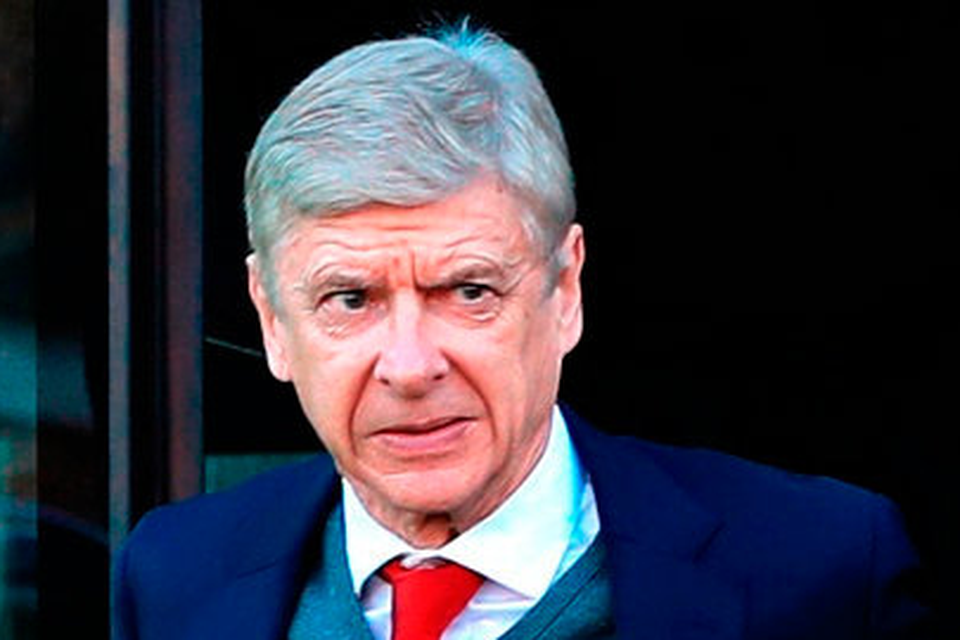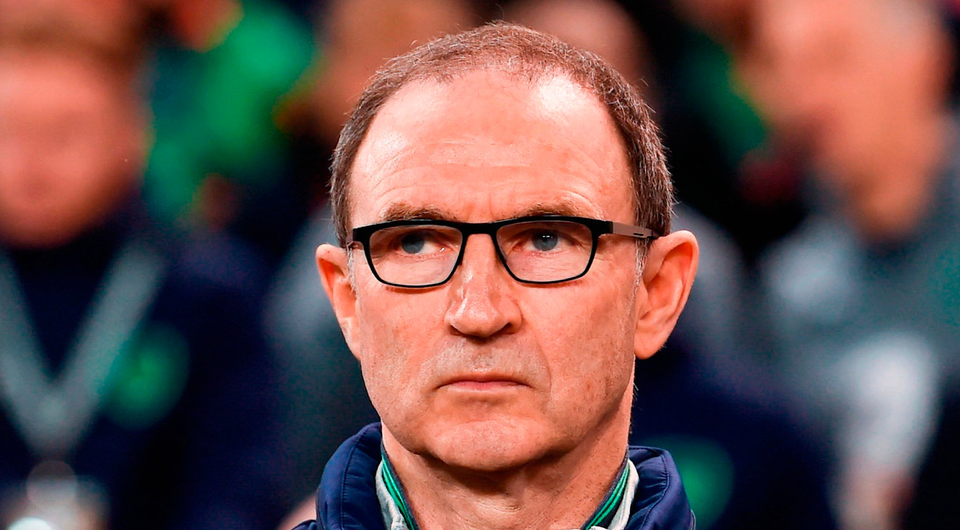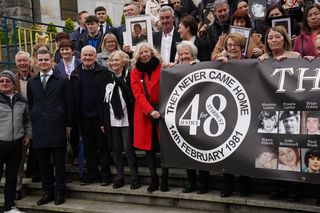James Lawton: O’Neill’s willingness to embrace next challenge in contrast to beleaguered optimist Wenger
Arsenal manager Arsene Wenger. Photo: Mike Egerton/PA
If, amazingly enough, we didn't know it before we certainly knew it this week. Arsene Wenger, aged 68, is separated from Martin O'Neill by rather more than three extra years.
It is by that line which some men draw between what was once possible and that which has become an old and irrecoverable dream. Wenger has still to get around to the important task of noting the difference. O'Neill has had it as a working principle most of his football life.
So Wenger lives in his own world, one made a little more fragile by the day because he can't see that his place in it has changed so significantly since he got the Legion d'Honneur in 2002 for his impact on English football.
And O'Neill, two months after the collapse of his hopes of leading Ireland into the World Cup? He talks to an embattled Stoke City about the possibility of another turn, another scuffling battle in which to prosecute a trade that he always waged with a hard competitive edge, right back to those days when he scored for Distillery against Barcelona in the old European Cup-Winners' Cup.
Before the ebbing of his powers, O'Neill's mentor Brian Clough always insisted: "In football you can never stand still. There always has to be a new challenge, new territory to conquer. Otherwise you lose your edge, you go stale."
It is a concept that has marked O'Neill's managerial career since his first thrusting days at Wycombe and Leicester City, which brought glory in Glasgow with Celtic - and a close pitched battle with Jose Mourinho's Porto in the final of the 2003 UEFA Cup.
Ireland manager Martin O'Neill. Photo: Stephen McCarthy/Sportsfile
He may have fought a losing battle at Sunderland - as did his current ramrod No 2 Roy Keane after some early success - but he made Aston Villa competitive and when he left he made it clear that he was disappointed by the lack of spending ambition in the then owner, American Randy Lerner.
Maybe another difference between Wenger and O'Neill stems from their experience as players. Both were midfielders, Wenger tall and heady and lacking in pace, O'Neill intense enough even for the appetites of the ferocious Clough.
Wenger thought deeply about the game. O'Neill immersed himself in the action, played 64 times for his country and won the European Cup twice. As a player, Wenger didn't make it beyond the lower echelons of the French game.
Wenger was obsessed with football, as he is to this day, playing every move with body language that can sometimes seem nothing less than forlorn. O'Neill has an interest in criminal law, which suggests there are wider borders to his life than those painted on a football field. And Wenger, of course, has come to carry his glory as a terrible burden. Certainly it seemed like a reproach this week when his battling - yes, battling - Arsenal fought out a goalless draw in the first leg of the League Cup semi-final with Chelsea, one last remnant of faint distinction in another season that seems certain to pass him by.
Arsenal played with vigour and considerable heart but where was the grace of Thierry Henry or the decimating power of Patrick Vieira? They belonged to another age, another culture and sometimes it is impossible not to be believe that so too does the man who once released them with such superb panache.
Wenger rails against referees, is banished from the touchline and a day hardly passes without some random mention of a successor, the latest being Carlo Ancelotti. He is not so much a sitting target as, at least by his own hand, an immovable, doomed optimist. It is difficult not to wince at the loss of his stature, as it is with the cruelty of Mourinho's description of him as a specialist in failure.
Behind that savage jibe, though, is an uncontestable truth. It is that no other leading in club in Europe would have kept faith in a manager who won his last league title 14 years ago, albeit with the narrowest of defeats in the 2006 Champions League final against Barcelona in Paris. While Wenger is tortured by the shortfalls in his recent past, O'Neill lives, largely, in the moment. He doesn't store up his glorious ones so that they shape all of his ambitions and quite how he continues to see himself.
This, no doubt, is why he entered so briskly into negotiations with Stoke - just two months after seeing his hopes of carrying Ireland to the World Cup splintered by the brilliance of Christian Eriksen and, maybe, a rare breakdown of tactical reality on his own part when he opened up the field and tried to overcome superior levels of creativity.
There is a physical energy in O'Neill that is sometimes as evident on the touch-line as it used to be out on the field and it is maybe this that has been influential in tempting him back to the swiftly recurring demands of club football.
It is certainly true that his Irish regime, if not universally applauded, was one of mostly solid achievement. With a talent pool that would have stretched the initiative of most Premier League managers, O'Neill's Ireland beat world champions Germany on their way to an impressive impact on the 2016 Euros. He produced football that if not always lovely, was - before the breakdown against Denmark - marked by a capacity to punch beyond its weight.
This is a quality which continues to make O'Neill, at 65, a football man who carries value in the marketplace. His stance this week - however the negotiations went - was of a man still with an appetite for the hard edge of the action.
Meanwhile, Arsene Wenger lives in a world which has to be cherished not in the living heart of the game but in the memory. It is a wonderful memory - but just so long as you can forget the sadness.
















